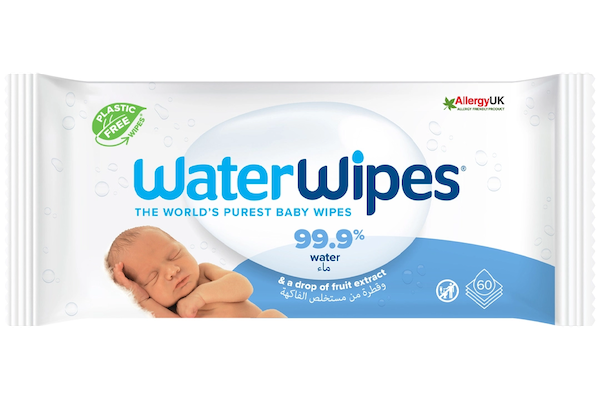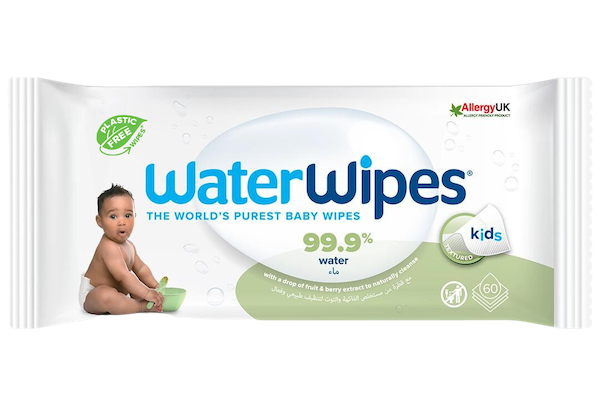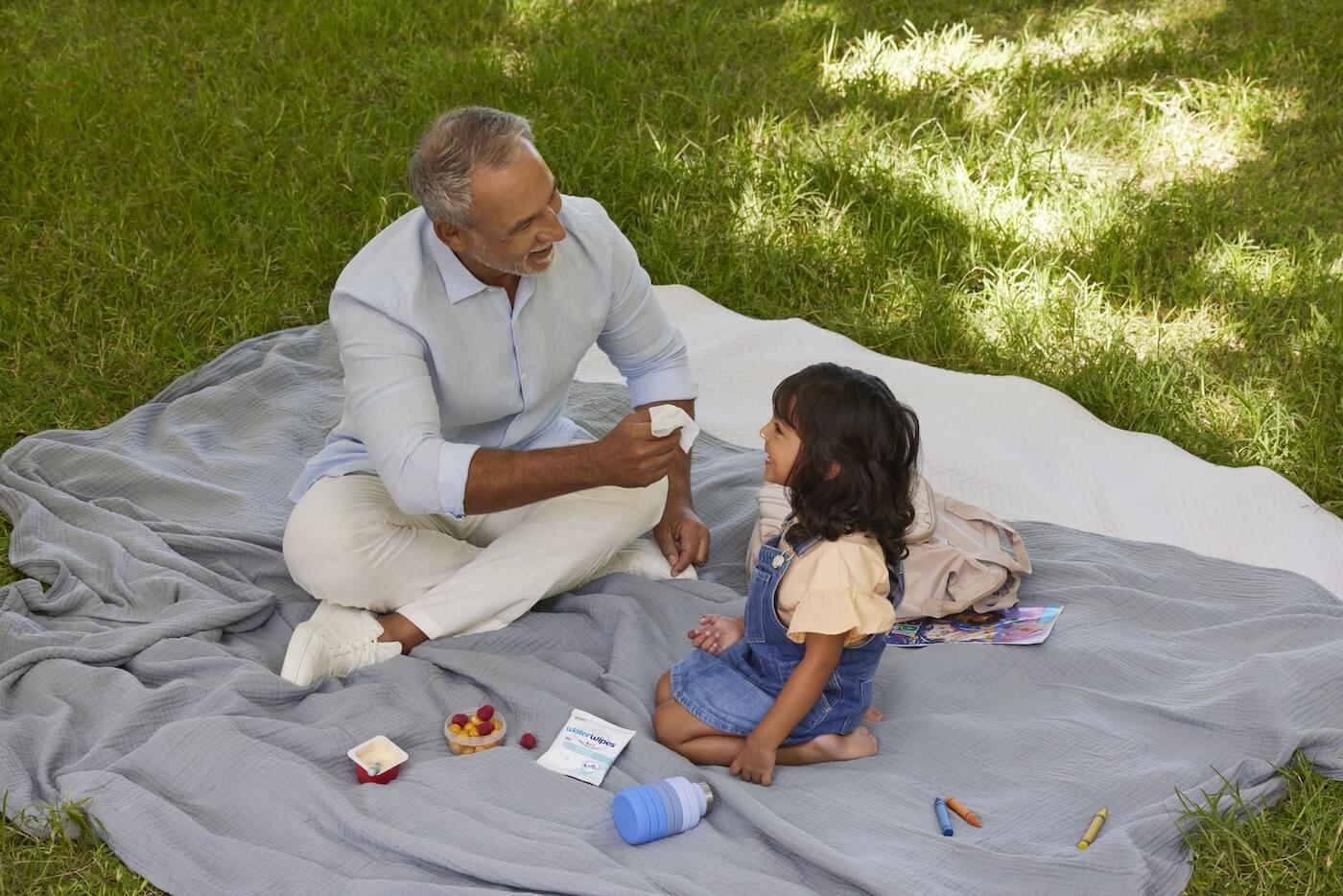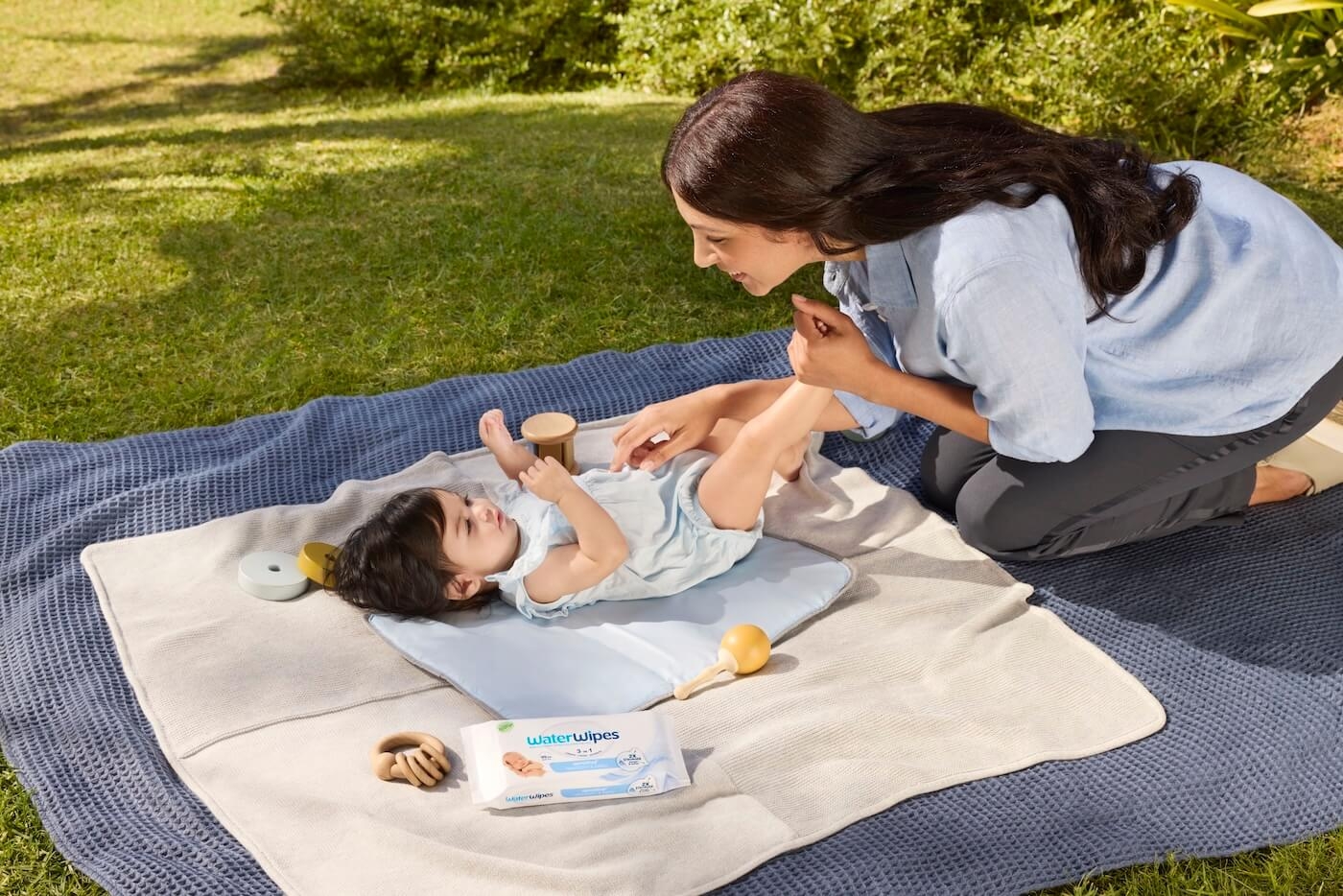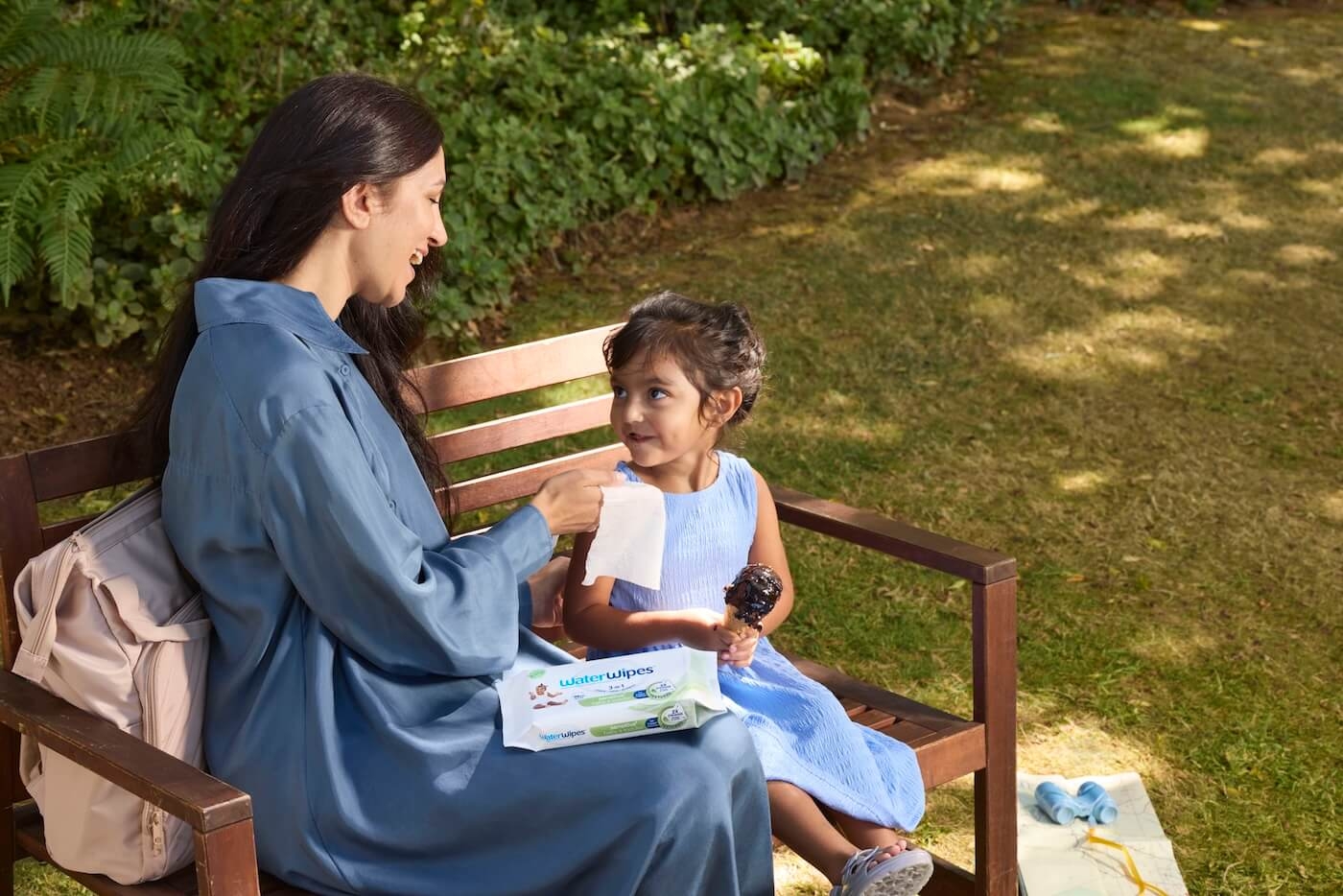Gentle cleaning for newborn and sensitive skin.
Select your region
-
Europe
-
Americas
-
Africa and Middle East
-
Asia Pacific
looking after your baby as they grow and explore.
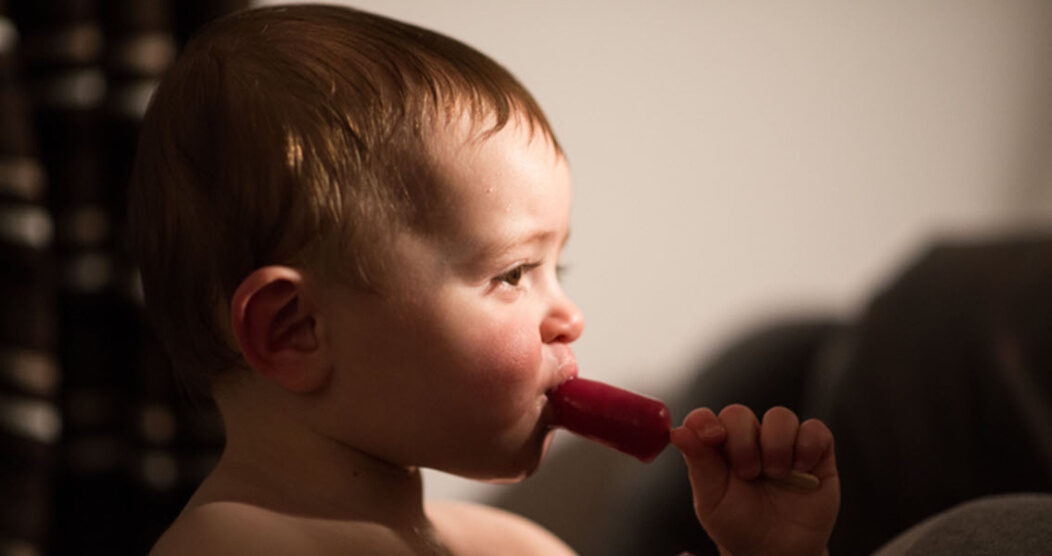
You may not notice every little change, but your baby grows faster in their first year compared to any other stage of their life. It is an extremely exciting time for both parent and baby as key developmental milestones are reached and your baby starts to discover the world around them.
However, it can also be a daunting time, especially for new parents. Expert GP Pixie McKenna, author of several books on how babies develop as they grow and weaning, provides her top tips on how parents can look after their baby during the first year, to help them grow, explore and develop.
Follow your child’s lead
Although this might be somewhat daunting, encouraging your baby’s natural interest and allowing them to lead their exploration is important. Babies’ learn so much through sensory activities that capture their attention and imagination and this helps build their confidence. A great example of this is music – if your baby responds well to music play it for them or make and play instruments together. Embrace mess! If your baby loves to get messy, take them outside to play in the garden! Letting your baby explore and learn things that are interesting to them, will help them to grow.
Talk to them
It may seem obvious, but the richer the language environment your baby experiences, the larger their understanding and the bigger their vocabulary. Talking to your baby helps their cognitive development and helps them to reach their first words. From birth, your baby absorbs a huge amount of information, just from listening and watching you talk and from 12 months – 18 months most babies can say a few simple words like “mama” or “dada”; they should also be able to understand simple commands like “stop” and “please put that down.”
Talk lots and often, and once your baby starts talking, there will be no stopping them!
Sleep is important for babies’ growth
Babies’ sleep four or 5 times during the day for the first 3 months, with anything from ¾ of an hour to 2 hours between naps. Sleep is important for your baby, as it directly impacts their mental and physical development. By around six months, your little one might be sleeping for longer periods and waking less during the night, but remember that every baby is different, so what might be normal sleep patterns for one, might not necessarily be normal for another.
Be prepared for sudden bouts of shyness
Separation anxiety is typical in the first year and starts between 8 and 14 months old; though of course can vary from baby to baby. A little anxiety about leaving mum or dad is normal, you are their constant and they recognise your faces! Shyness is usually down to babies’ having exposure to people they have never met before. Parents can help their child during separations by having a goodbye routine in place, and as your baby meets more people and spends more time with them, the less anxious they are likely to be.
Changes in your baby’s diet
During the first year, your baby will be starting their weaning journey; on average at around six months of age, but before this, breast milk or formula milk will have all the nutrition they need for growth. As your baby moves onto solid foods, this is a great time to shape their healthy food preferences; so be sure to introduce lots of fresh fruit and vegetables into their diet early on. A great way to normalise your baby eating nutritious food is allowing them to see mum and dad eating the same food, and involving them as part of family mealtimes.
There might be a little bit of mess...
During the first year, a baby is trying new food, taking part in messy play, exploring, getting into cupboards, and so likely to cause at least a little bit of mess. To help limit this, take the time to investigate which baby wipe is right for you and your baby. There are plenty of gentle baby wipe options out there such as WaterWipes for Weaning, which are tough on mess but kind on babies’ delicate skin.
On your marks, get set… go!
At around 12-14 months, your baby will be taking their first steps unaided, although they might be a little bit wobbly! This is an incredible developmental milestone, but it is natural to feel slightly nervous about your baby becoming mobile. As your baby learns to walk, be prepared for bumps and bruises, and you can limit these, by making sure your home is childproofed and by watching them carefully at all times.
Remember that every baby is different
Let your baby develop at their own pace and encourage their achievements, whether they are eager to be on the move or are an early chatterbox. Just remember that when they do things is less important than how and what they do. If you have any concerns about your baby’s development, speak to your GP.

